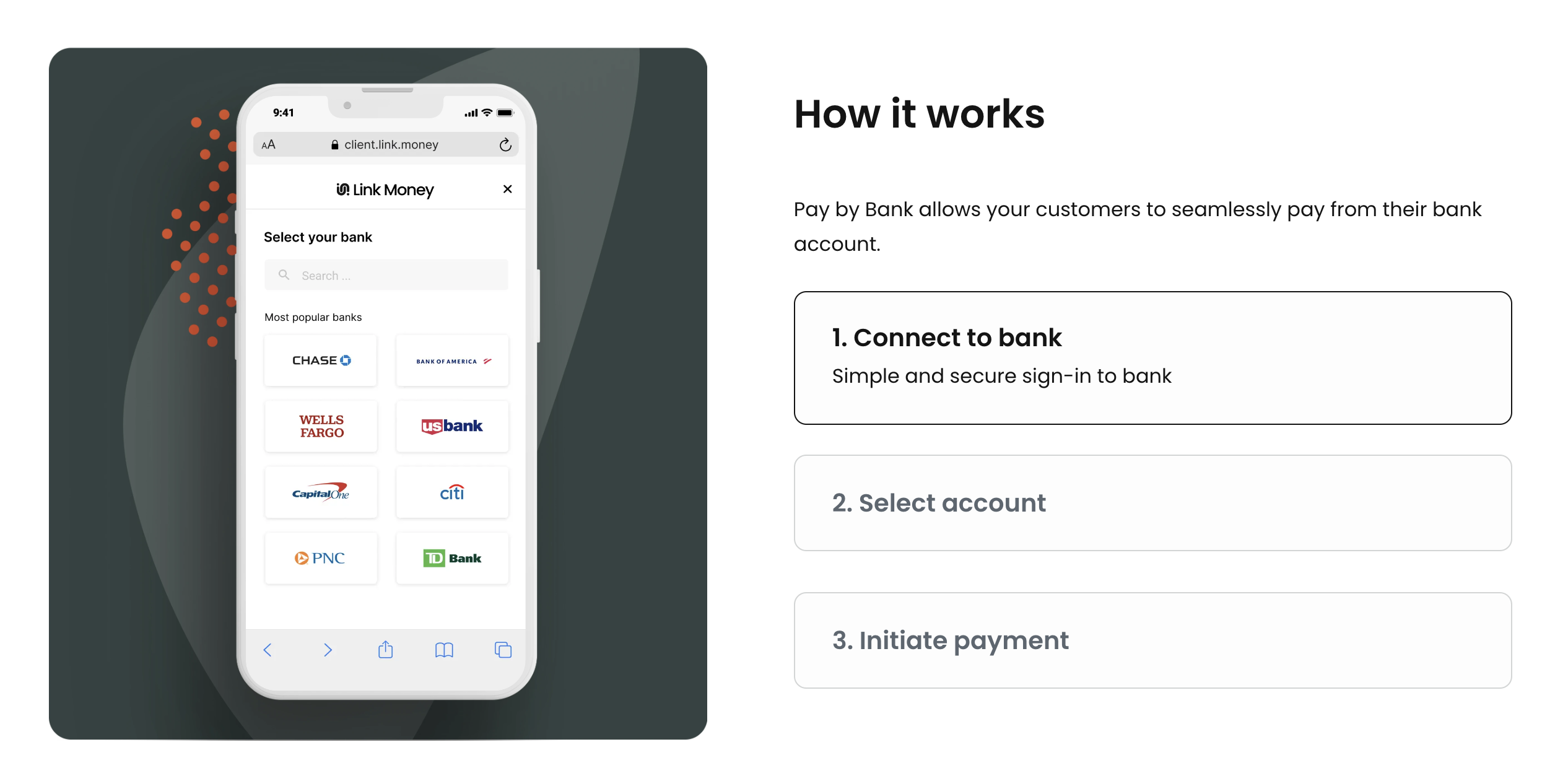
- Enfuce closed a $9.2 million follow-on investment, adding to the $49 million it received in 2021.
- Vitruvian Partners led the round, which saw contributions from existing investor Maki.vc and new contributor Visa.
- Enfuce will use the funds to prepare for growth in the enterprise segment, as well as expand into more European markets.
Card issuing and payments processing innovator Enfuce recently announced it received a $9.2 million (€8.5 million) follow-on investment. The new funds are added to the Finnish company’s $49 million (€45 million) Series C round in 2021 and bring Enfuce’s total funding to $67 million (€62 million).
Leading today’s follow-on round is Vitruvian Partners. Existing investor Maki.vc, along with new contributor Visa, also participated.
Commenting on the new investor, Enfuce Co-founder and Co-CEO Monika Liikamaa said, “Visa’s trust isn’t just a validation of our business, it’s a testament to our significant growth during challenging economic times. With Visa’s investment, we will continue to bring our bold vision of shaping the future of embedded finance to life.” Enfuce Co-founder and Co-CEO Denise Johansson added, “This investment represents more than mere financial backing for us. It’s the continuation of an extensive and productive partnership between Visa and Enfuce.”
Enfuce was founded in 2016 with the intent to offer a cloud-based processing system that could allow any business to start issuing payment cards. In addition to payment card issuing, the company also offers digital wallets, fraud and dispute managements, card program analytics, and more. Enfuce processes $2.2 billion (nearly €2 billion) in transactions annually for clients including Pleo, OKQ8 and Memo Bank.
Enfuce will use today’s follow-on investment to prepare for its next area of growth, the enterprise segment. Additionally, the company plans to expand across European markets including Benelux, Germany, and France.
The rise in banking-as-a-service (BaaS) tools, such as the ones provided by Enfuce, offers businesses across a range of industries access to financial infrastructure. Integrating financial services into non-financial platforms not only enhances the customer experience but it also offers businesses new revenue streams. As we enter into 2024, BaaS and embedded finance solutions are set to rise. However, as regulators begin to take notice and find new risk factors, adoption of this trend will likely be cautious.











